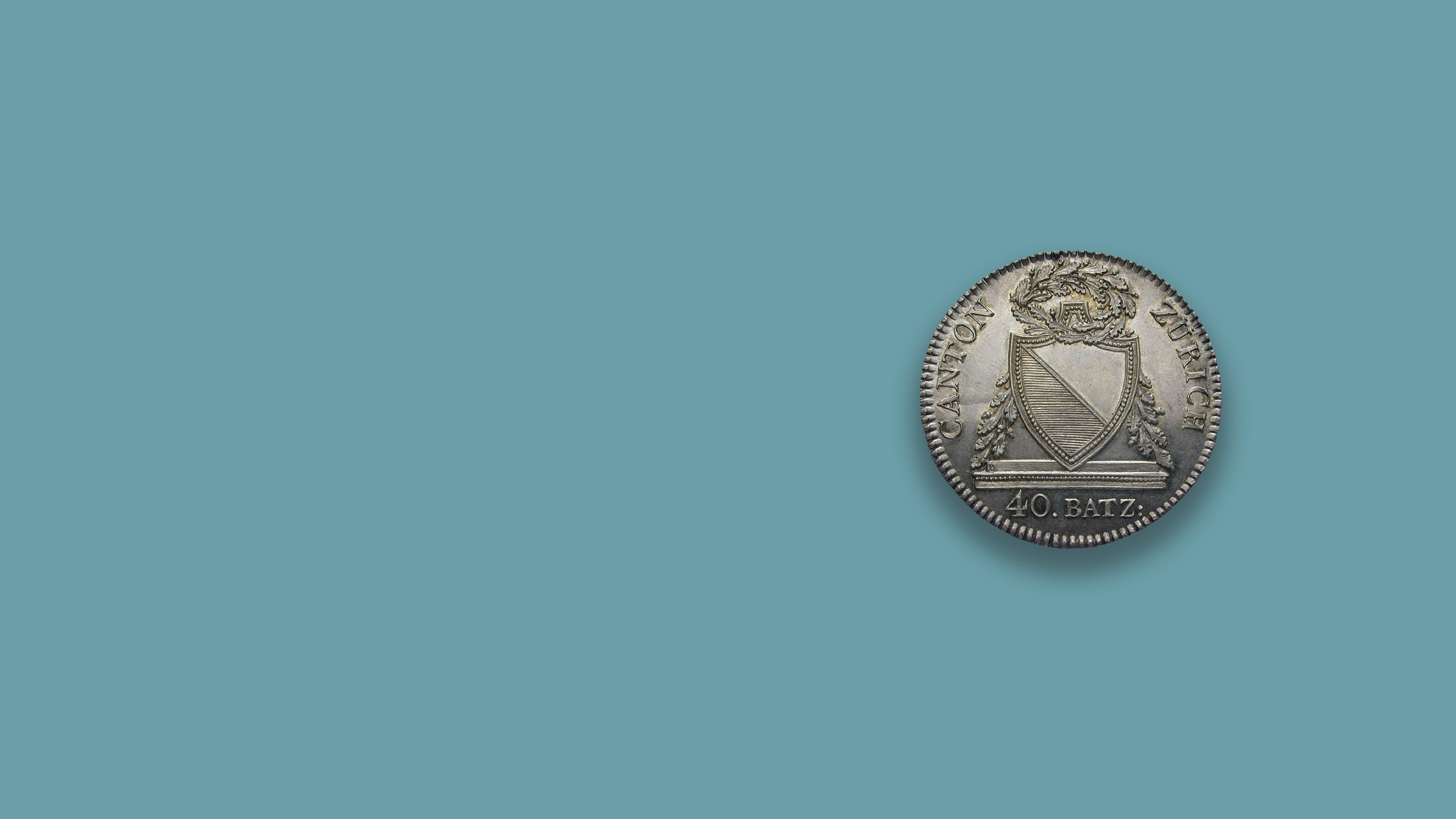Money
What I know about it
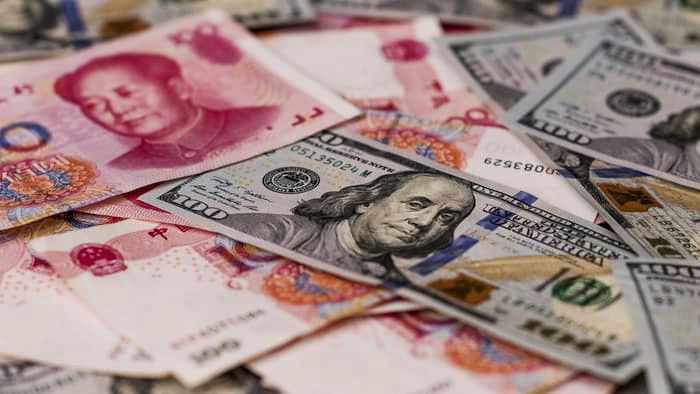
My name is Jürg Conzett. I have spent a lifetime dealing with money and know quite a bit about it.
I also have a lot of practical experience with money in all its facets. As an entrepreneur and independent investment advisor, I have spent five decades advising people and observing what they do with their money (and that of others). I can tell you a lot about that, including in this magazine, with stories that will inspire you to take a critical look at money and delve into its cultural history. We love beautiful things and ideas more than anything else, and we don't let pleasure get in the way.
But I found something else almost more exciting than investment advice: What do money and the desire to own more of it do to people and our world?
A strange question for an investment specialist? Wondering is good, but telling is better. That's why I'm sharing a little about my life and how I came to my insights in this story.
I would like to start with myself and my family.
The Guldiner shows Felix, Regula with their servant carrying their heads to the hill where they wanted to be buried after their execution. So goes the founding legend of the Grossmünster.
Zurich's city saints are at the beginning of my life's journey. The Conzetts are a Zurich business family.
«C O N Z E T T»
For the first fifteen years I was «Conzett».
I was born in Zurich and raised in my family. I adopted world views from my surroundings, but also many of the books I grew up among. That's because my great-grandparents had founded a print shop and publishing house - out of a social idea, not to make money. But in the first half of the 20th century, there were growth spurts, the company flourished and produced wonderful books.
Money was never discussed in our family, but I sensed that there were differences that ensured that beneath the surface there was a fierce battle for money, not the money in the bank account, but a certain something that gave power and identity. It was hard to deal with my limited expertise, but even then I wanted to know: How does one get money without becoming dependent on it? And just as important: How do you remain independent and still get money?
Interestingly, already in the 1500s, people asked themselves how this could be done and really gave answers, in the popular book "Fortunatus" (1509), a bestseller for centuries. But I was not so far at that time.
During the last years of the Second World War, the desire arose to get to know the foreign, warring countries better through their literature. Thus was born the Manesse Verlag der Weltliteratur. The desire to discuss social concerns through art also arose; and so the monthly magazine DU was born, which directly addressed the reader in its very title. Both publishing products had a lasting effect.
I took over the library of my ancestors. Equipped with the collectibles of my ancestors, I bought more books at auctions and antiquarian bookstores, which made me curious. I will talk about them in the library history.
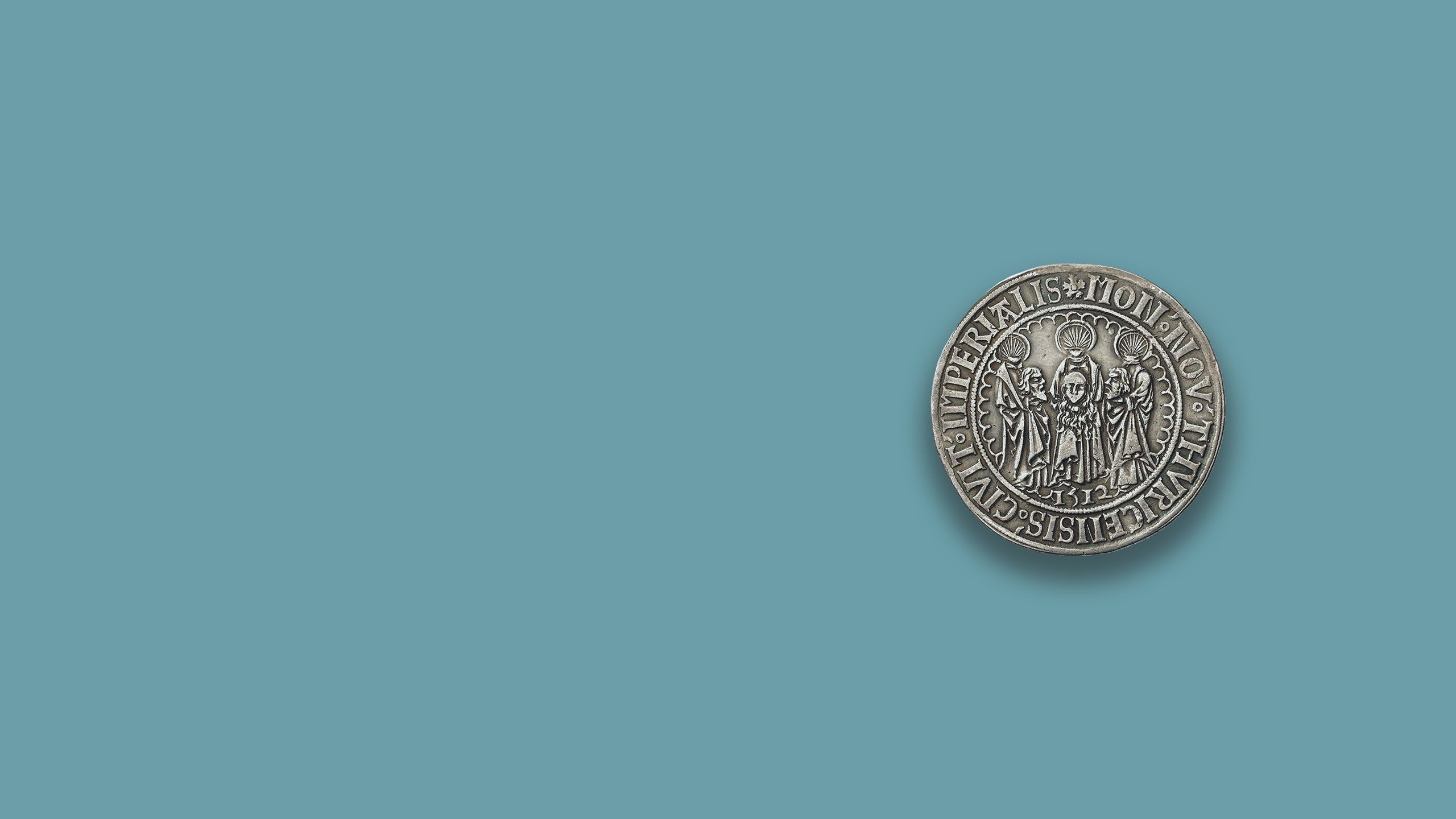
Like everyone, I started small.
«M E»
My father was always generous when it came to my education. So I didn't have to worry about material things yet, but could give free rein to my curiosity. History, sociology, psychology were on my study list at that time. As a student, I struggled a lot with the "I".
That's why, and because everyone was doing it anyway, I read Max Frisch's novels: Stiller, Bin or the Journey to Peking and others. They were about finding identity. Forwards and backwards. That did good, too, but over time the ego became less and less important, until I threw it away altogether when I was about 30. It had hindered me in my work.
Anyone who wants to observe the financial markets must be able to take a neutral standpoint. Only those who can put their own interests aside, or even put them aside altogether, will be successful in the long run. Whether you believe that or not.
I have never regretted it. I never missed the "I" and I was respected in my profession.
Later, in the USA, neither Conzett nor this I was in great demand. So I developed «Jürg».
«J Ü R G»
Jürg is my individual call name, independent of the family name Conzett and has nothing to do with my ego. Your call or name is individual, there you are completely on your own. Independent.
The lesson learned? You only have opportunities if you work in an area that suits you, that you enjoy. It's like golf: You play the sport for yourself, not for others. It starts with the first tee shot. If your thoughts are focused on the impression you make, on how your swing looks, you are playing the game of others. That way you will never have the perseverance it takes to become a champion. Without joy, nothing works.
It is the inner path that guides the outer path, not the other way around. Inwardly, one grows in the process. Actually, the "Jürg" is always only the momentary actual state, which mutates like the caterpillar to the butterfly. People, ideas, projects and money must always climb into a fountain of youth and renew themselves.
If you can look back on a series of old shells from which you have emerged, you will see the famous thread that holds a being and its destiny together at its core.
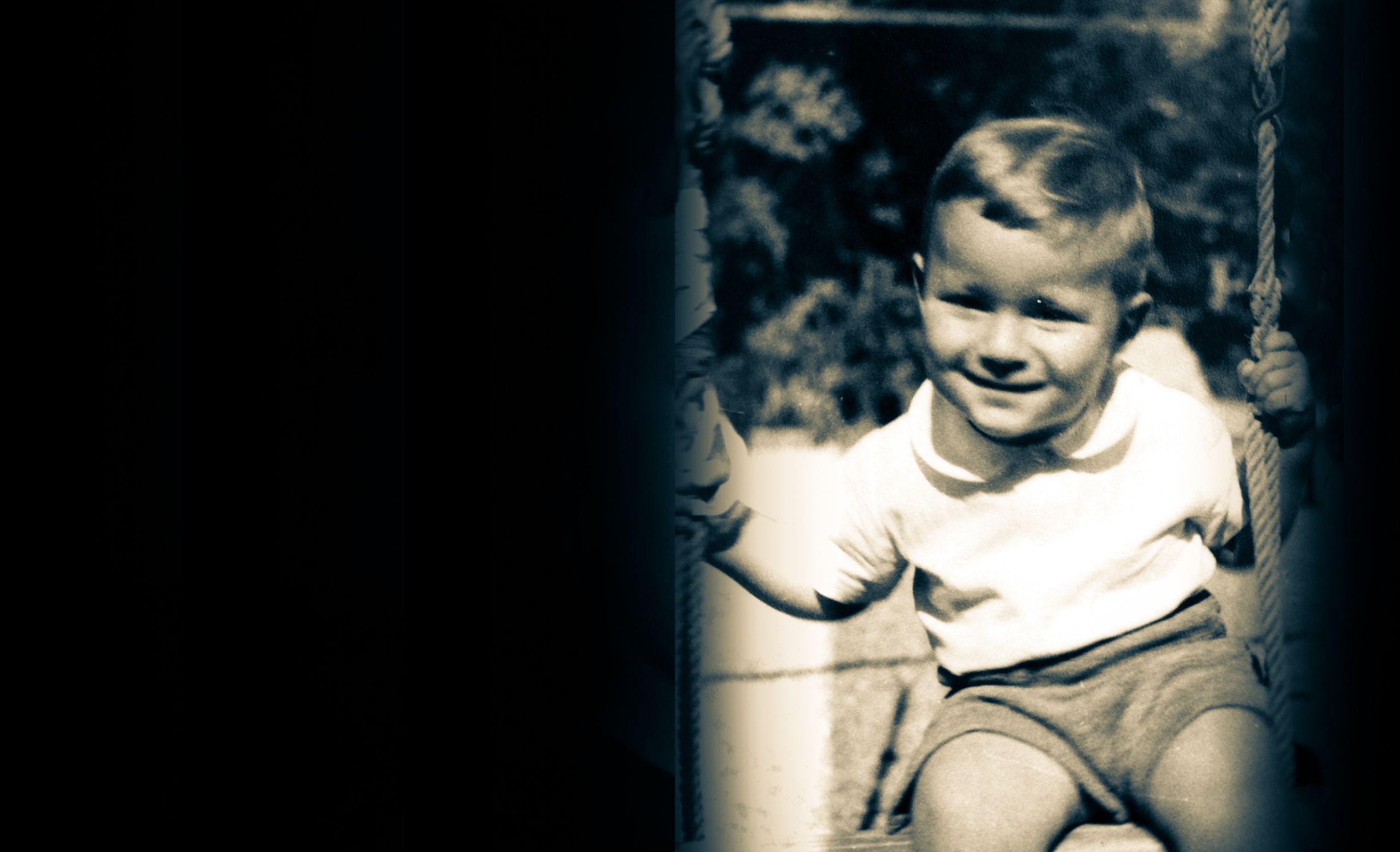
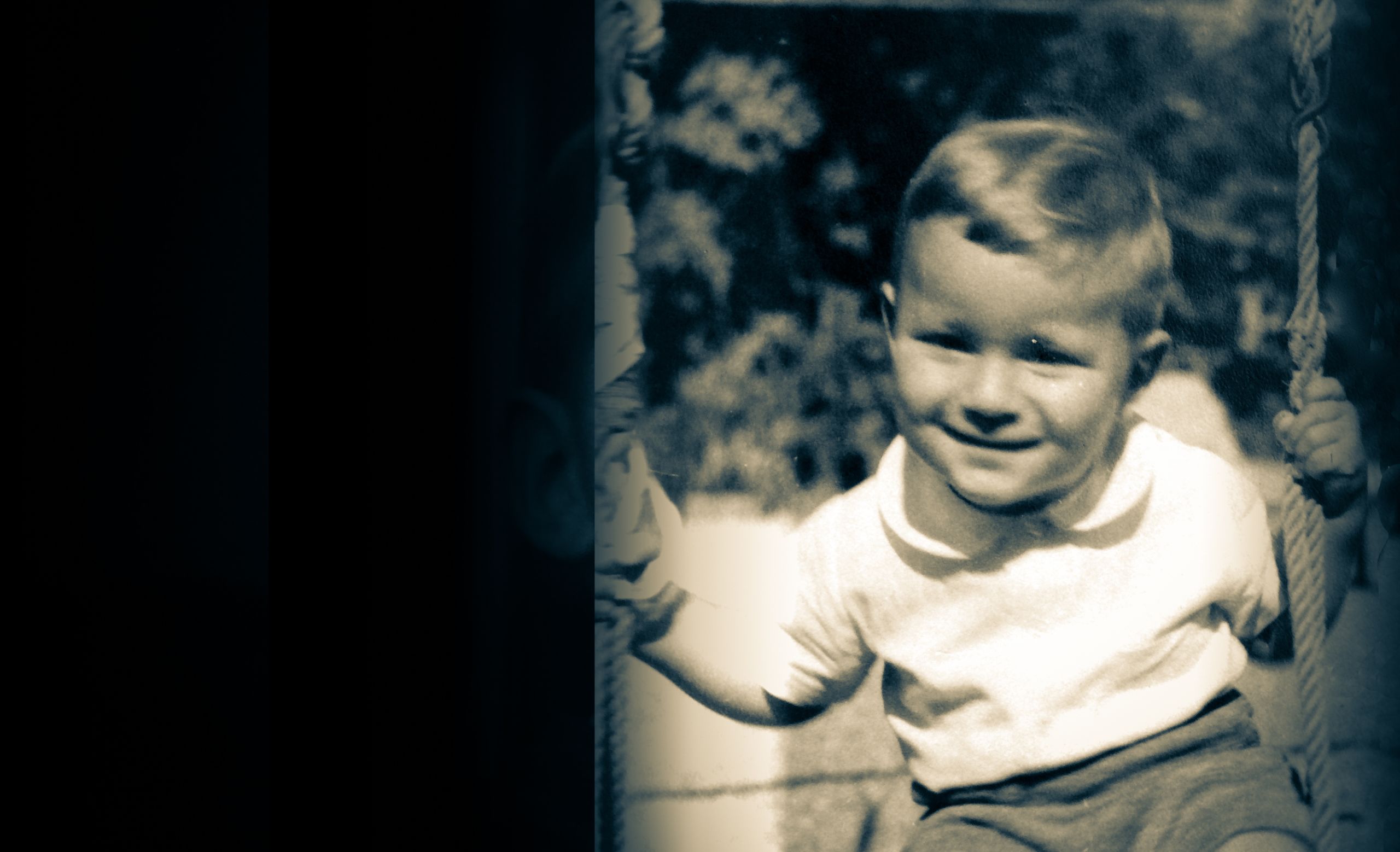
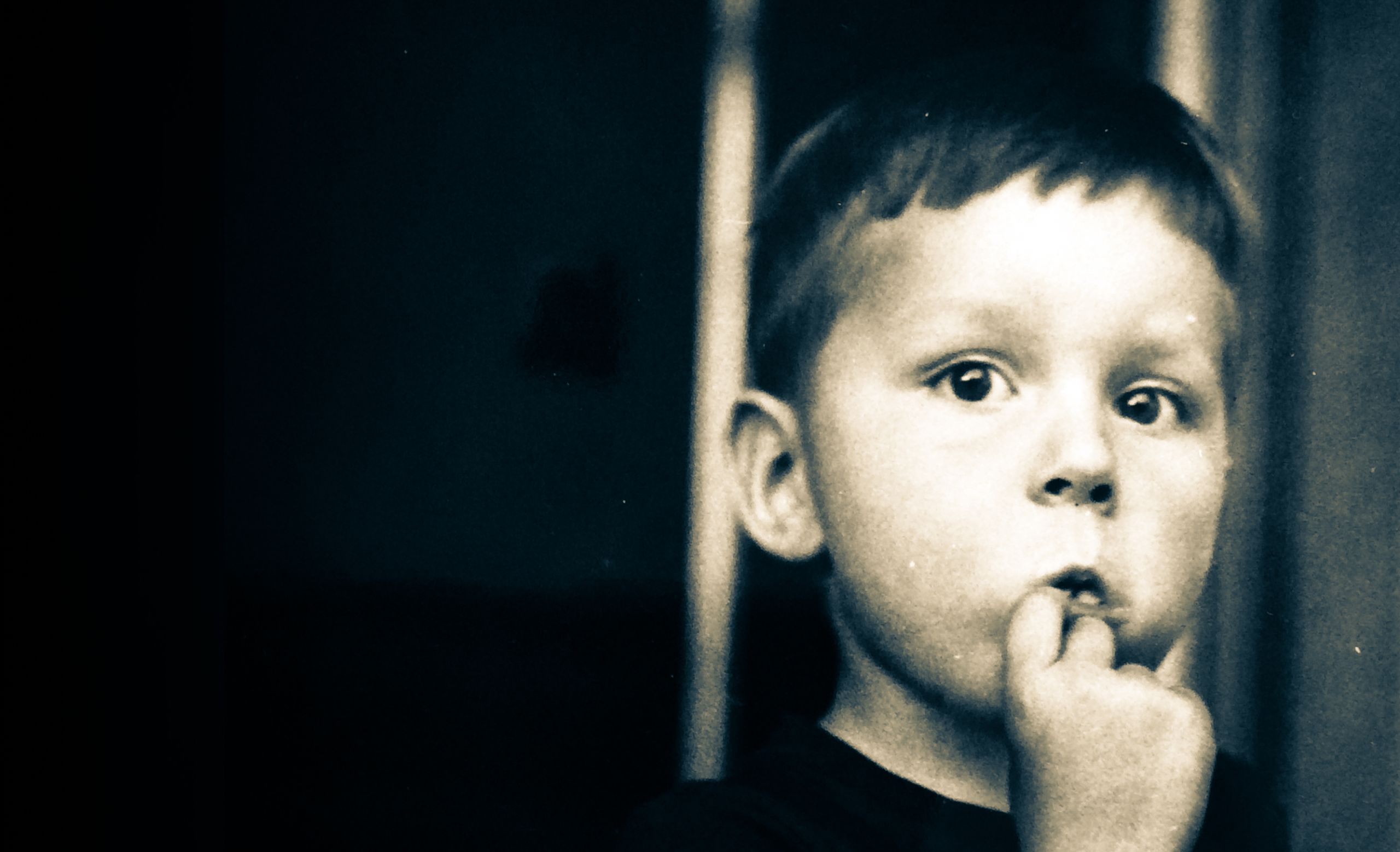
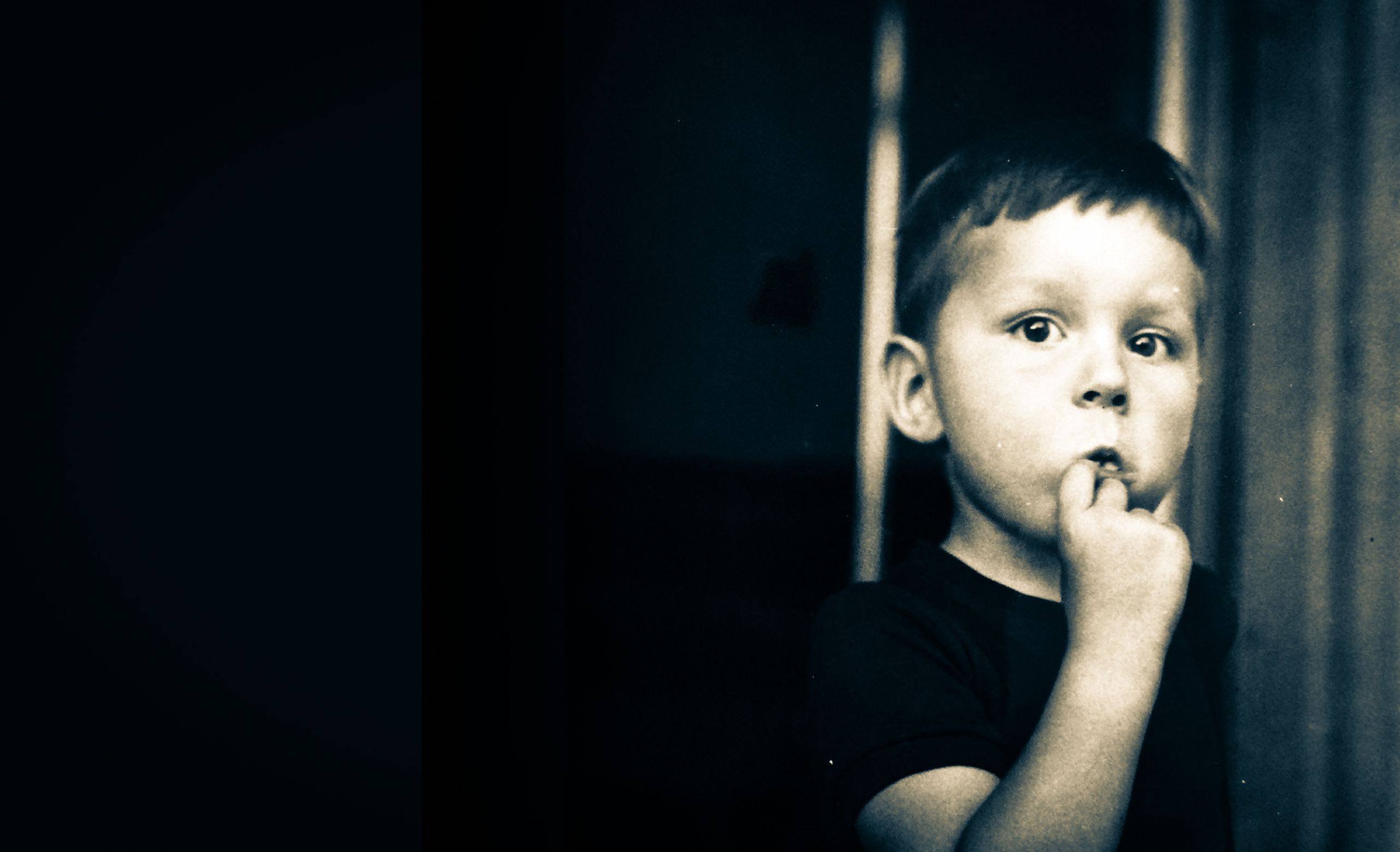
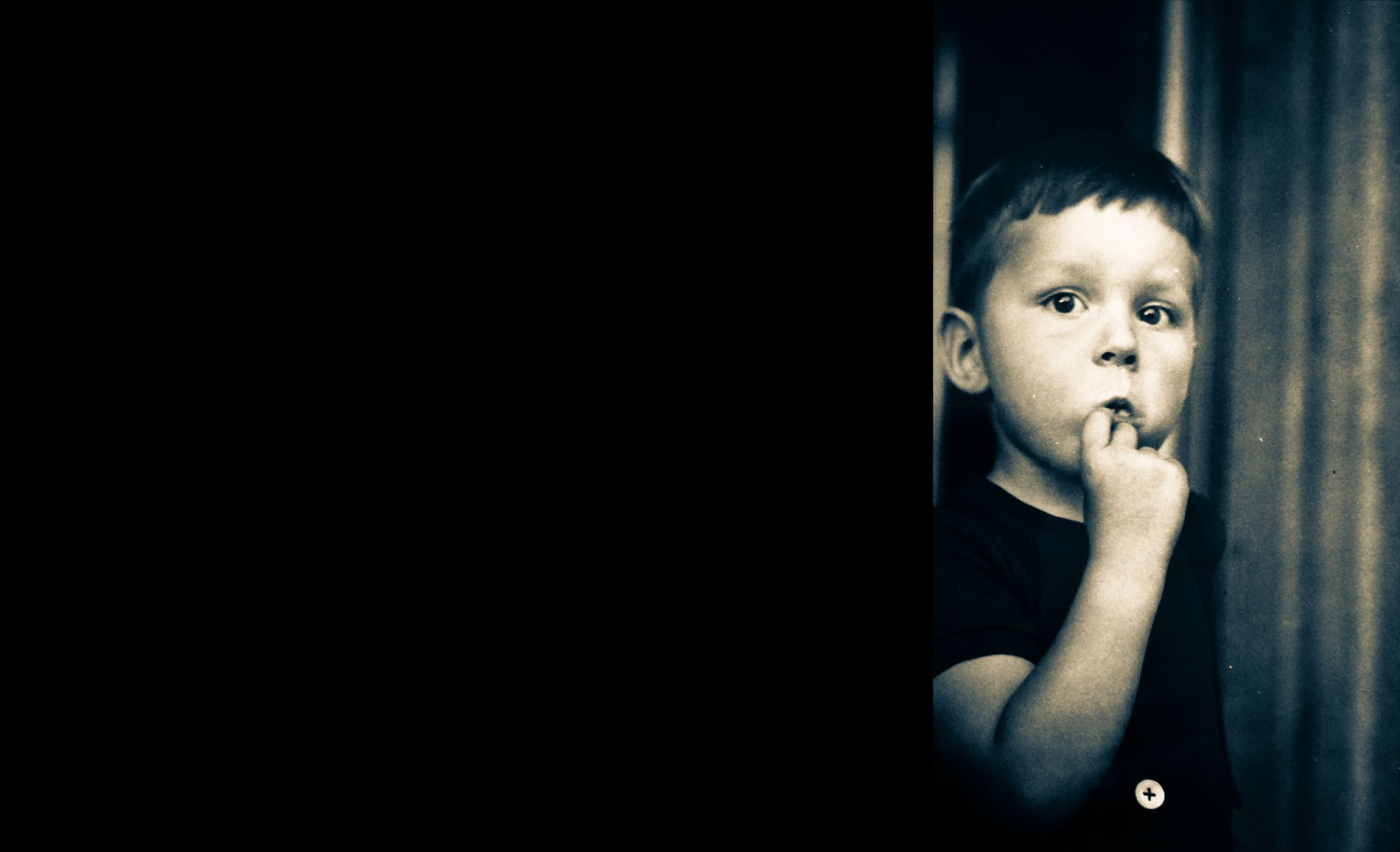
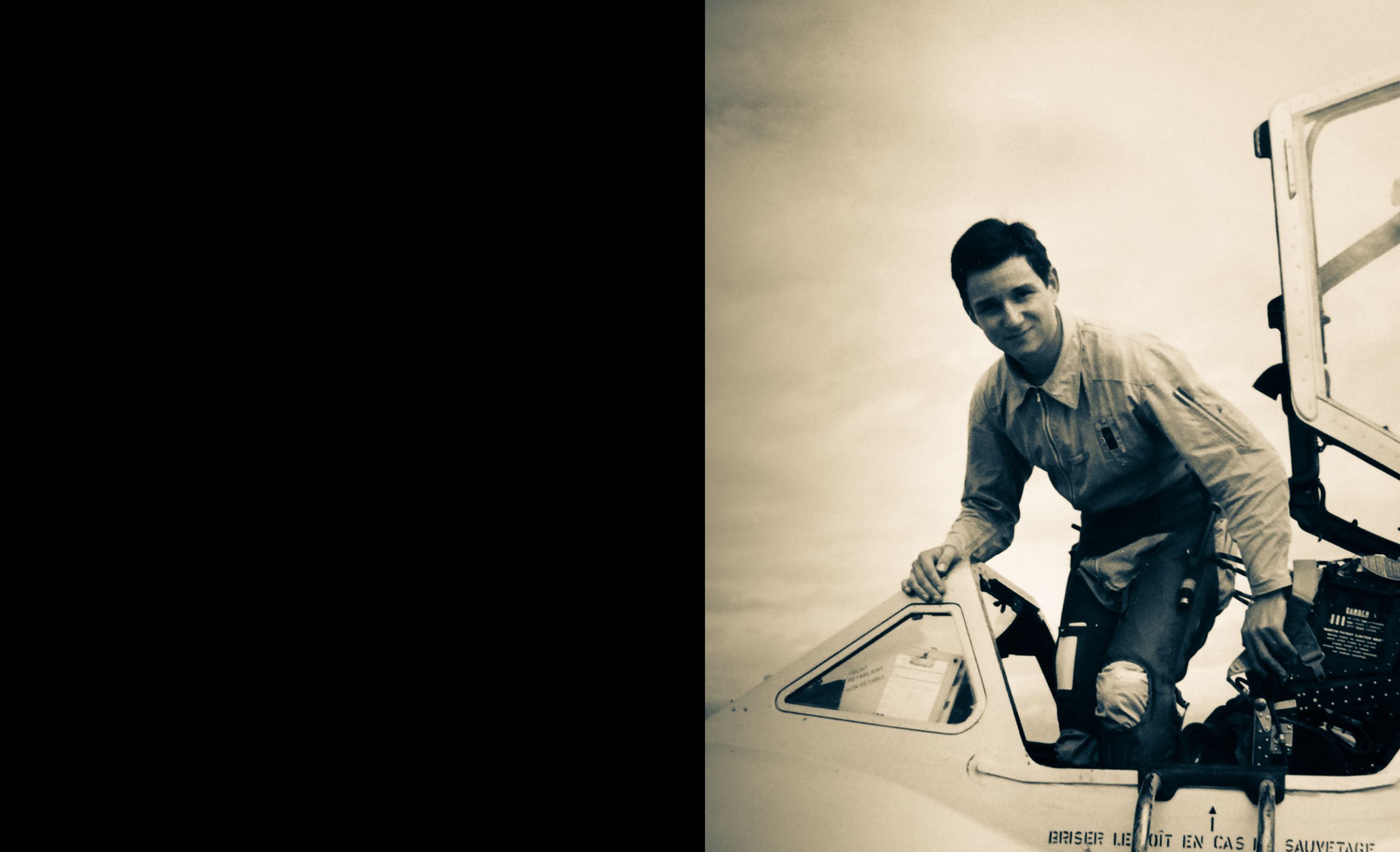
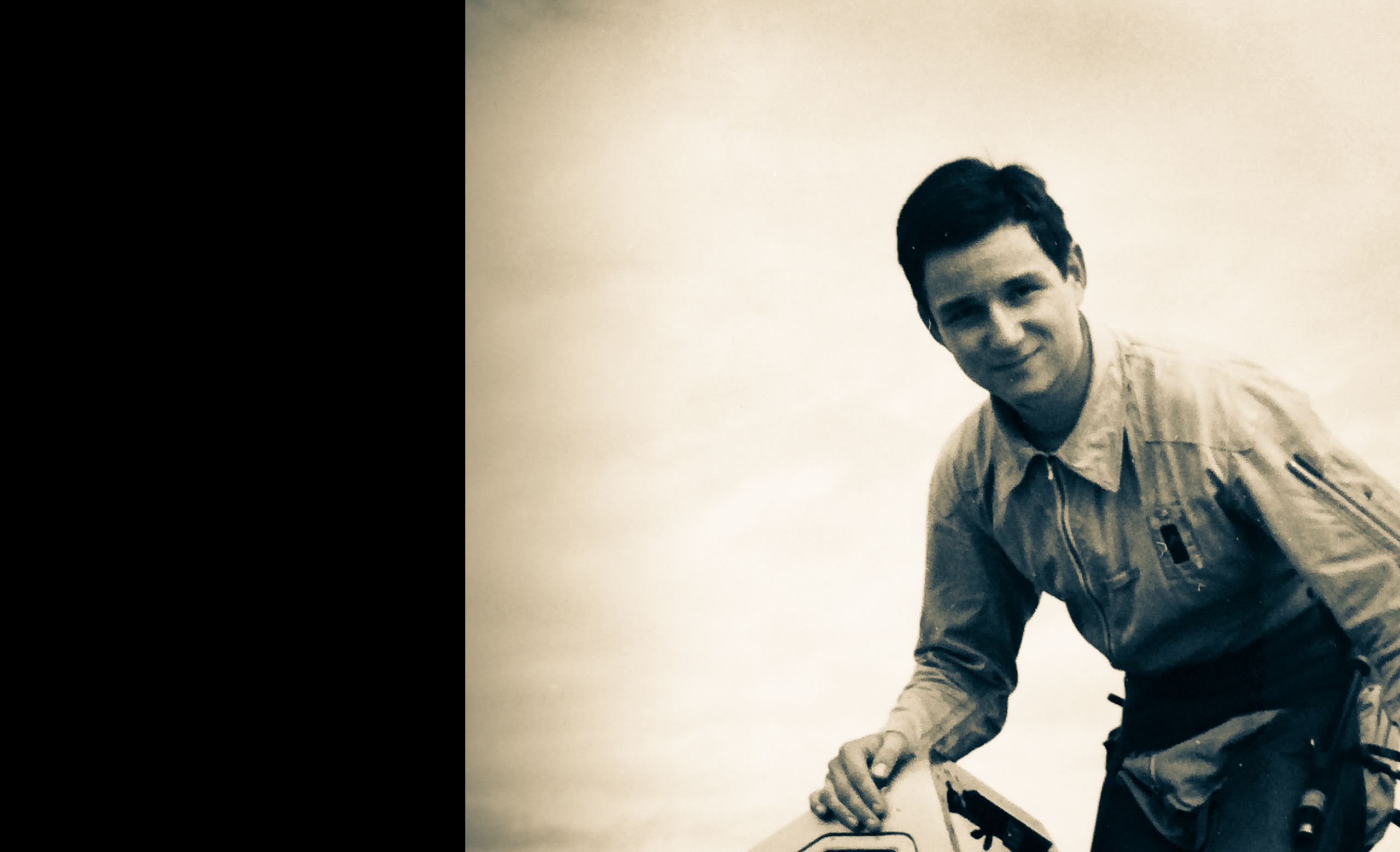
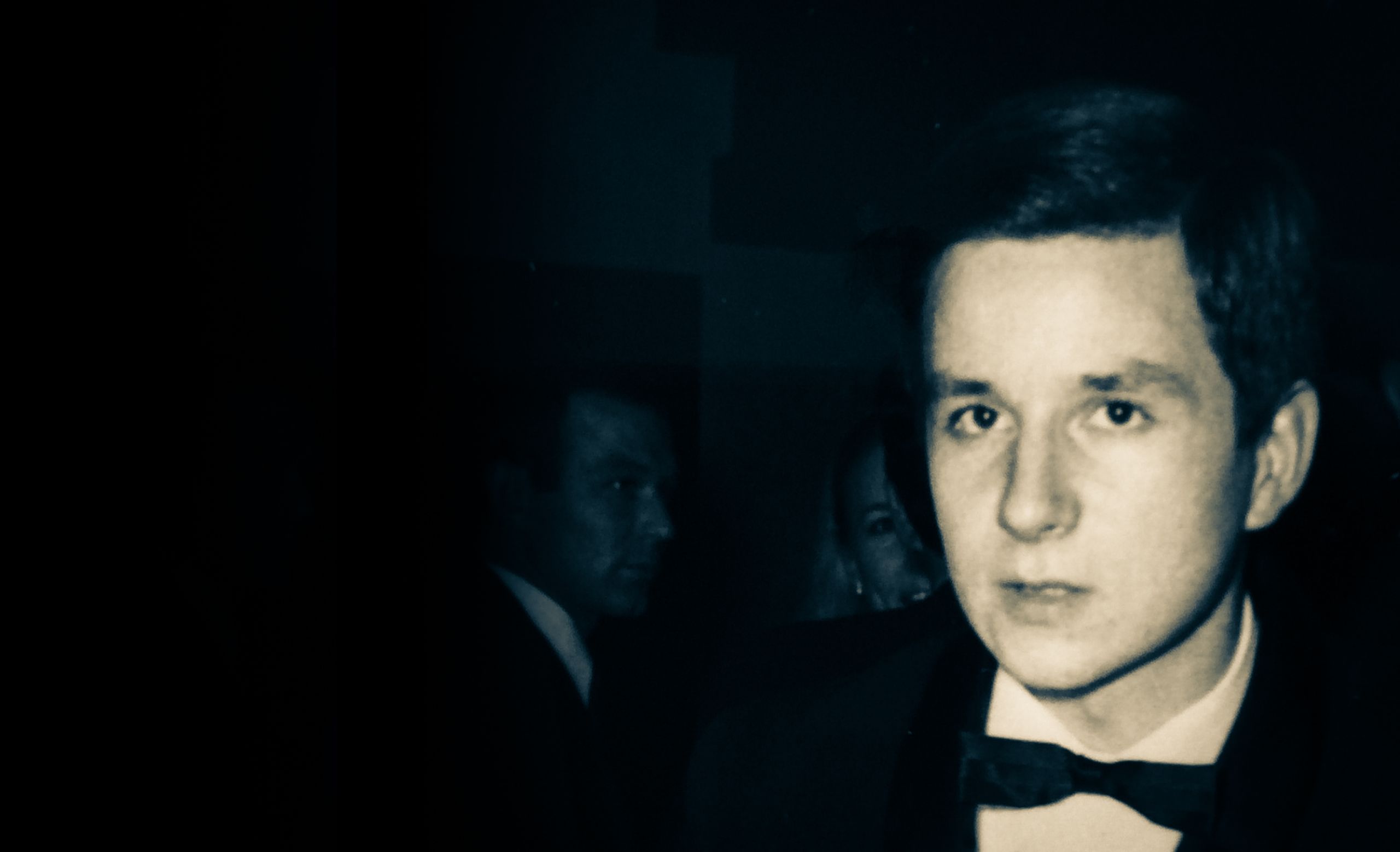
In my life I have collected many things, not only knowledge but also material things. I have already spoken about collecting books.
The beginnings of my coin collection also go back to childhood. An acquaintance of my parents, already somewhat advanced in age and pondering the meaning of material accumulation, wanted to give me his collection of Zurich talers. Would I perhaps study history? At that time I did not enjoy this remark at all, but my mother admonished me to thank the gentleman politely when he came the next day and presented me with the coin collection.
In my studies, I actually chose the subject of history - providence or coincidence? Coins have become windows into other eras for me. Coins free us from rigid dates, but tell us their stories, a piece of living human history.
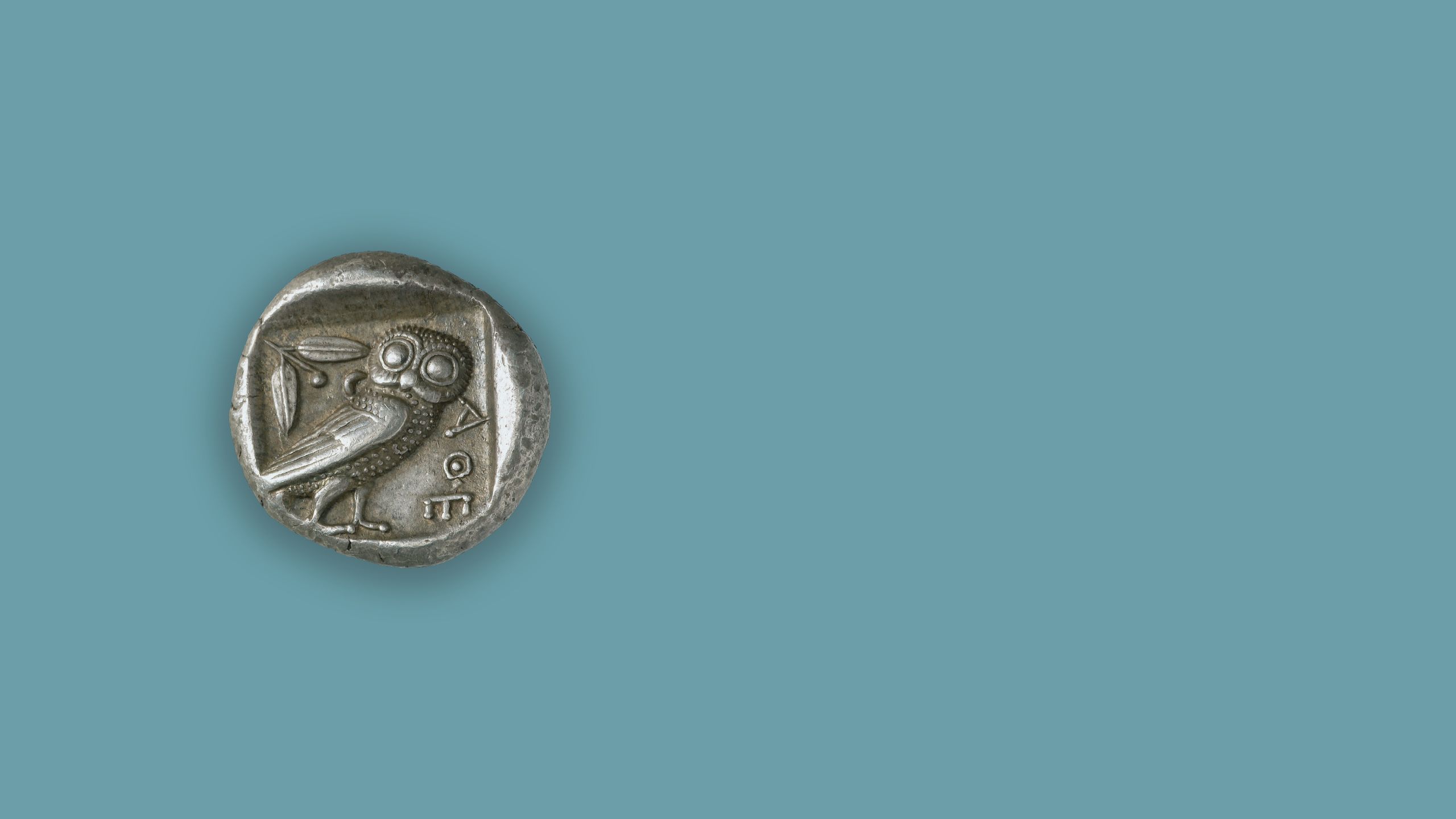
A good fortune for me was my great-grandmother. Her name was the same as this Vreneli in gold. I will tell you more about Verena Conzett in this magazine.
Verena Conzett must have known her great-grandchildren and great-great-granddaughters, since I am the youngest of them all and Verena's and my lives overlapped for 10 months. Sometimes I imagined what she would say to me. Fortunately, she expressed her view of life herself. Her autobiography reads as a document of a self-made woman in the best sense. In the foreword to the first edition, she summarized what she wanted to pass on to her great-grandchildren and great-great-granddaughter as advice:
«The secret of my success lies in the fact that I have always been able to take action at the right moment, to courageously trust myself and, in spite of strokes of fate and obstacles, to keep moving steadily towards the goal I have set myself.»
This attitude towards life is what I would call serendipity today. Verena had a good and social heart, but also a healthy ambition. What advice would she give us? To help people to find their way in life, to fulfill their goals and also visions, to work out something sustainable. She was not a woman of many words, but of action. She had a power of resistance that today is called resilience. Simply and clearly she says it herself again and again, how she was able to open her eyes to happiness again even after hard blows.
«Finally, happiness laughed at me again!»
Verena Conzett has remained my guiding star and is particularly deserving of this in the fiftieth year of women's suffrage in our country.
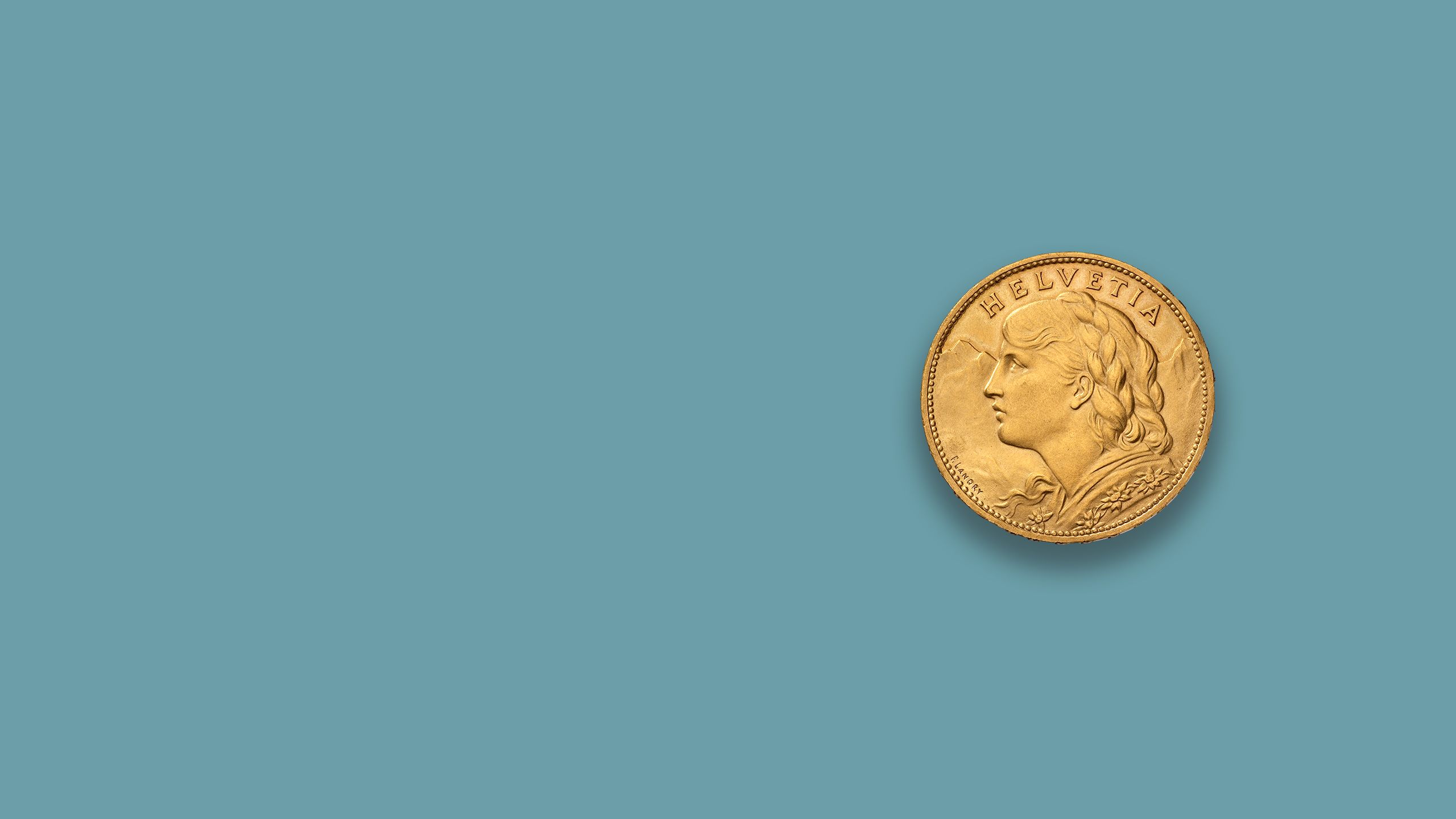
Money has a dual nature. I perceived it as a youngster, ten years before I took my first job in business. That's why I didn't trust the monetary system. Money comes into the world as credit money, once as debt, once as credit. It's two-faced.
Every now and then, a visitor to the MoneyMuseum, after I have shown him what I consider to be the most beautiful books in the world and explained to him what such a book is worth, asks me. "It's worthless," I then say and watch how this answer confuses the visitor.
His thought pattern does not allow him to understand what I mean. Then I explain: "When I buy a book, it certainly has a material value, which I hand over to the seller as a price; but afterwards the book is no longer a commodity, will never again have a price, and is therefore valueless. Only in this way can one really enjoy books, the paper, the cover, the intellectual richness it gives us."
The money man, on the other hand, sees in every object a commodity with a price. He goes to an art museum, sees a painting, but not the painting, but the plaque that says: Pablo Picasso, on loan from Aristotle Onassis. It puts the work of art in his mind's eye and gives it value. I have never liked this logic of money.
For the money man, everything is relative. For Georg Simmel, he is the blasé who can buy everything, but because he can buy everything, nothing has any value anymore, as Simmel points out in his Philosophy of Money (1900). Money gives this type a sense of omnipotence. Money is more powerful than power, because with money one can buy power. For Simmel, the money man was a doomed man who only wants to possess and destroy.
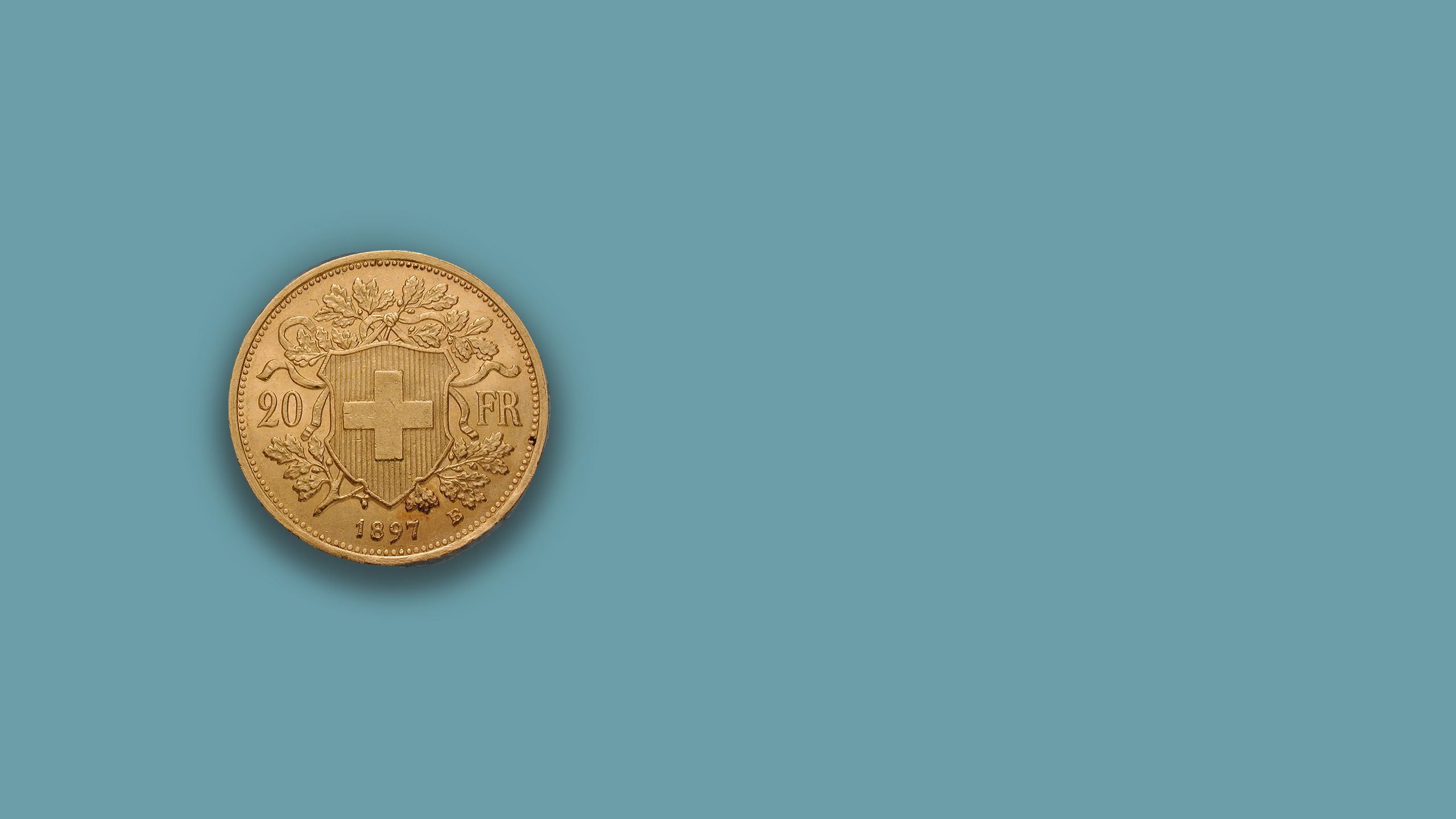
When I read the book Im Takt des Geldes by Eske Bockelmann, the argument that money shapes our thinking immediately made sense to me. But most people I tell about this work vehemently reject it. It would be enough for economists to claim the sovereignty of monetary research and treat everything as if it were under a veil. Today the highest politicians follow the logic of money.
I was repelled by this way of thinking even as a young man. As a student, I therefore turned to the Greek philosopher Epicurus, at that time still without knowledge of Lucretius' De Rerum Natura. Later, I studied the Chinese Book of Changes. A good guide to social change, I think.
These and other philosophical works have confirmed my suspicion that there is only one way to deal with money:
- Do something that suits you. Something you can develop a talent in.
- Do something that you like to do. Provided you have perseverance.
- Do something that is positive in a social context. Otherwise no one will pay you.
This maxim accompanied me from the beginning. I knew that I had to find my own expression in order not to be dependent on anyone.
With the coin, we have arrived back in Zurich. This is where the MoneyMuseum is located. Come to Hadlaubstrasse. I look forward to talking with you. Because this exchange is valuable.
